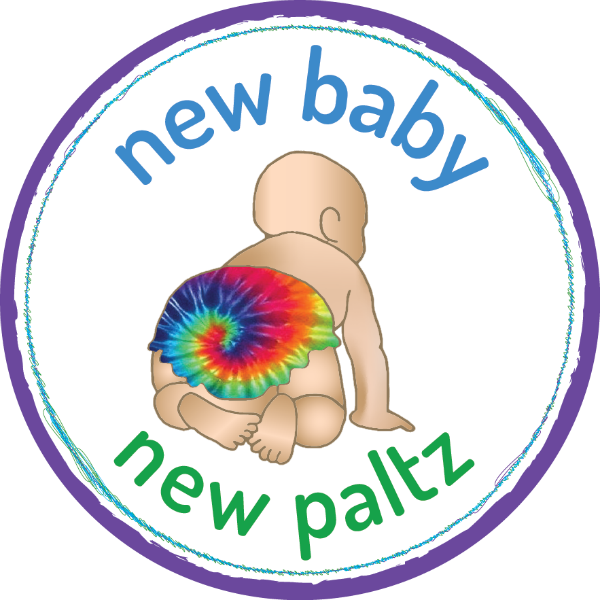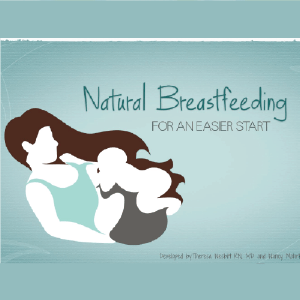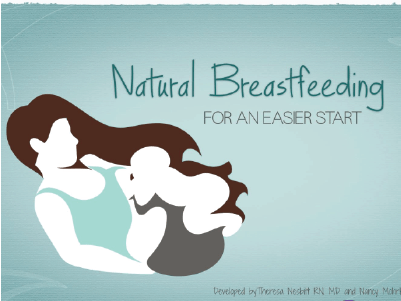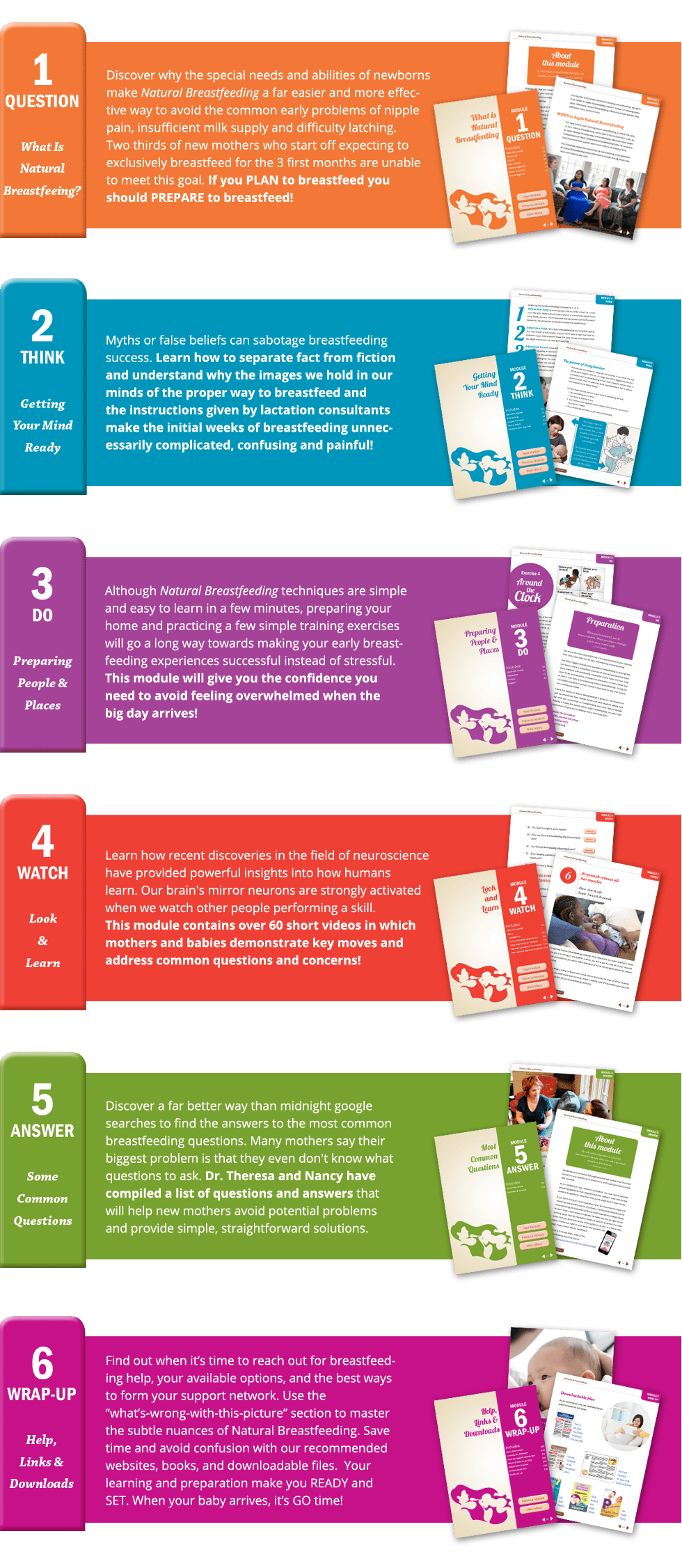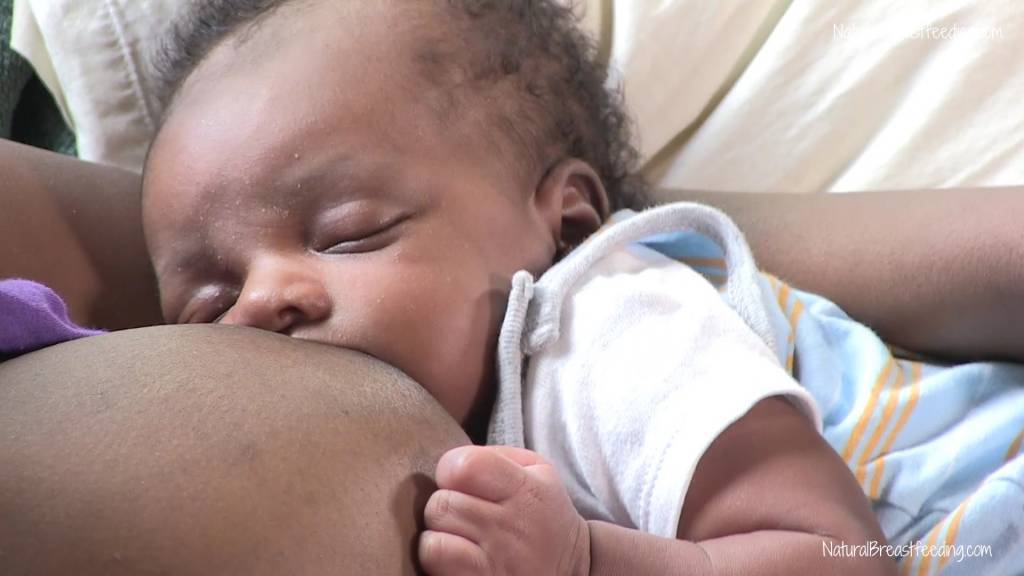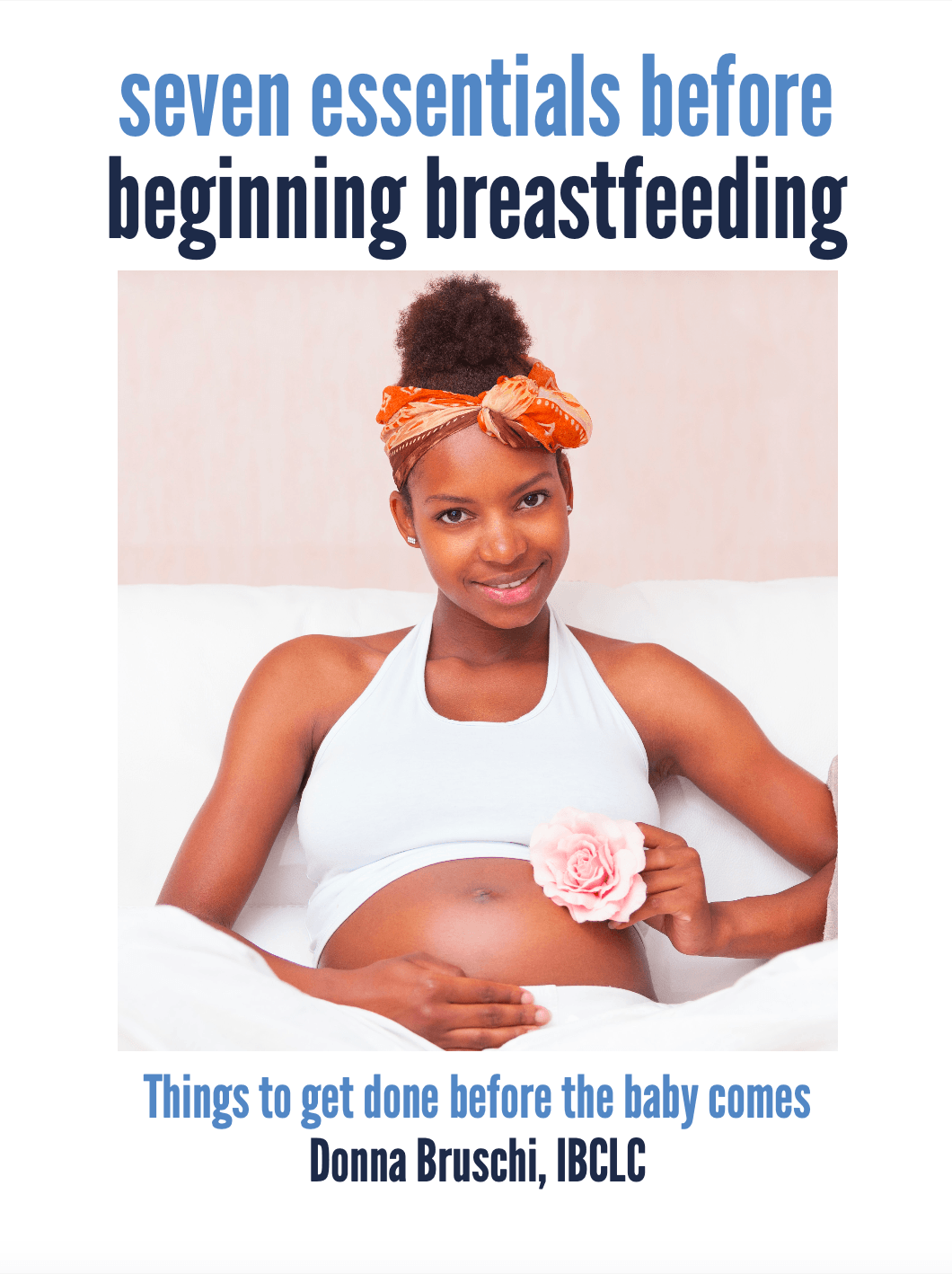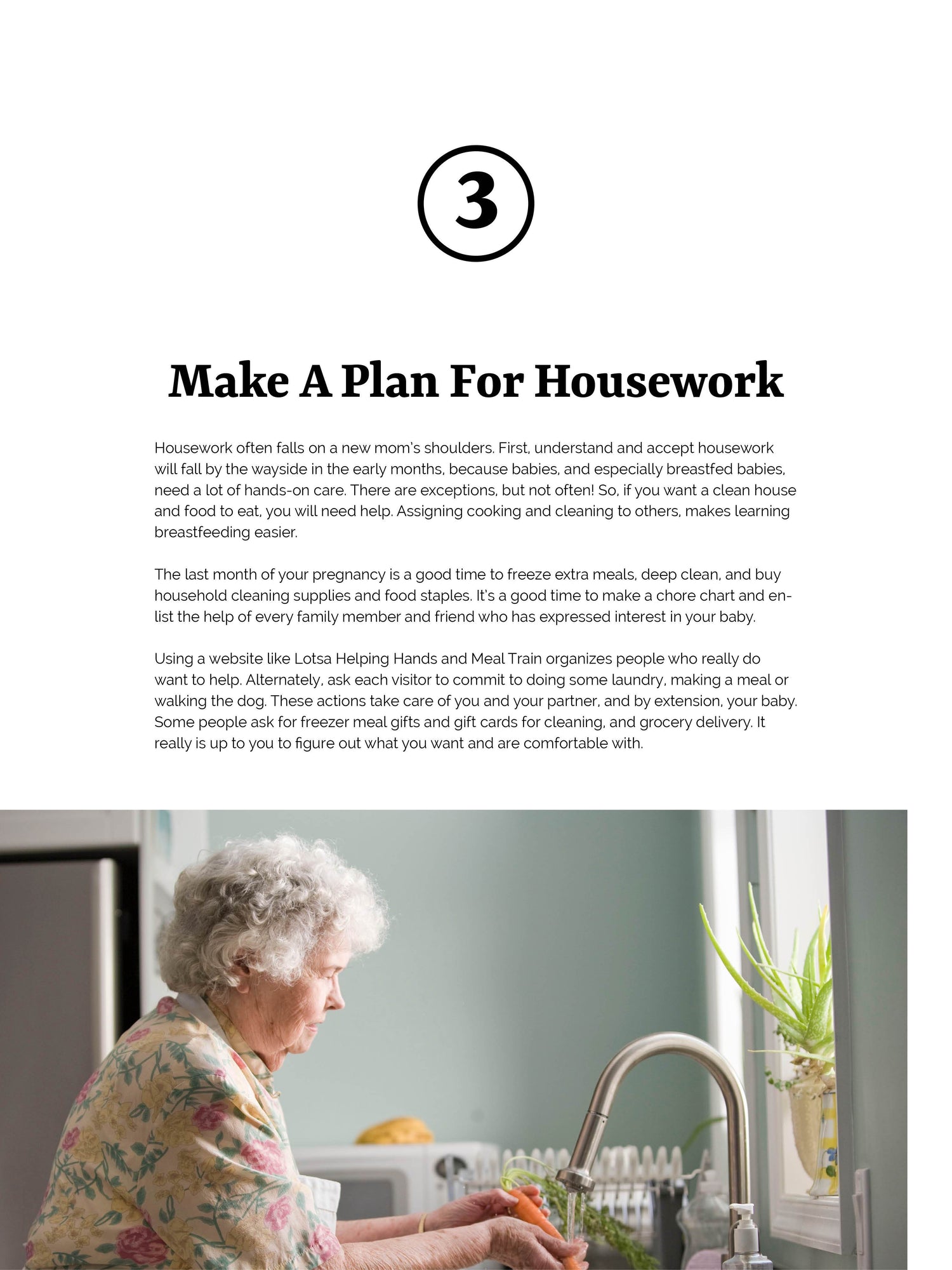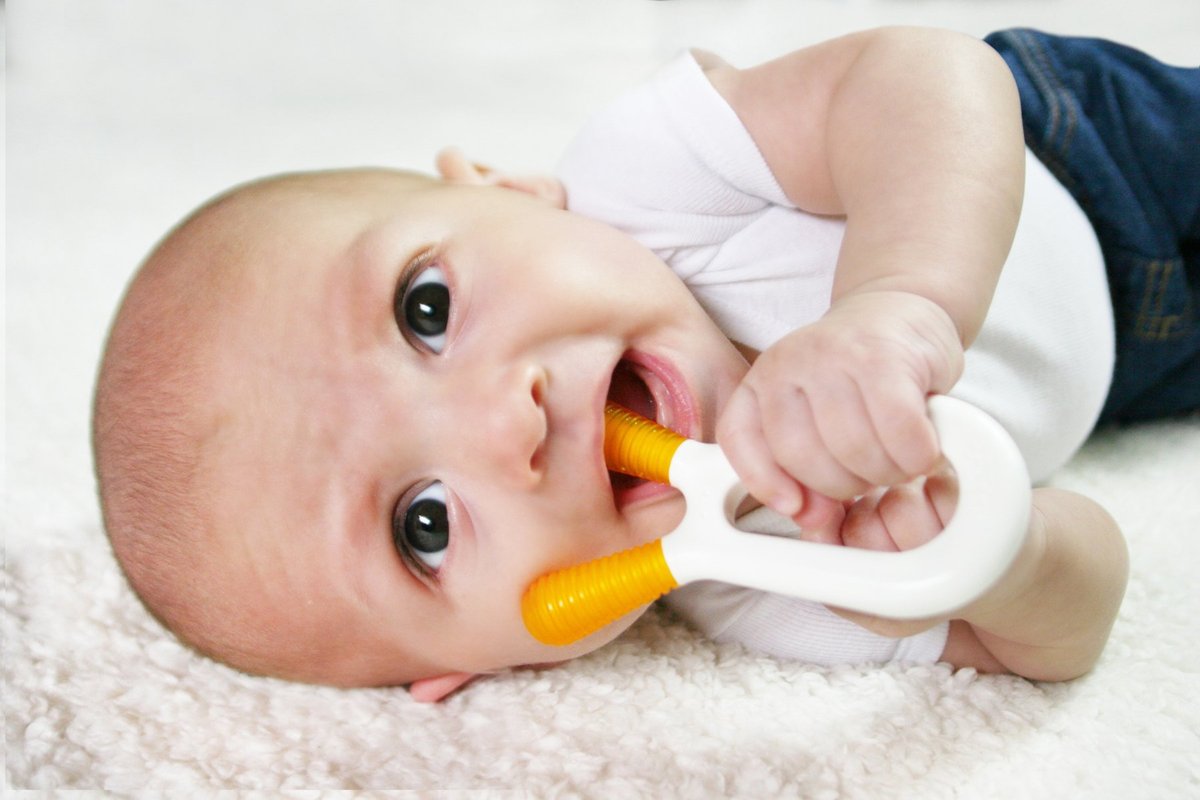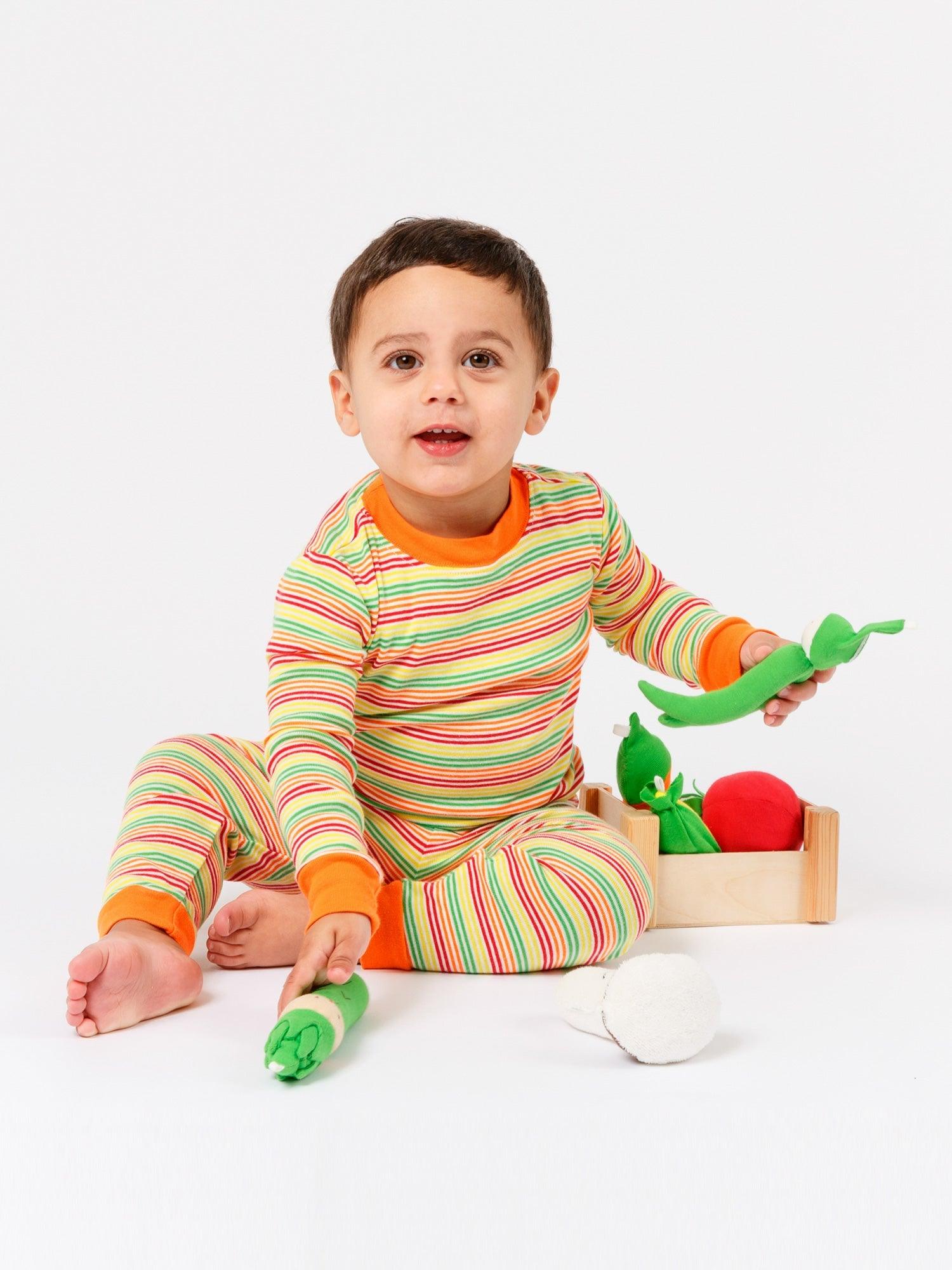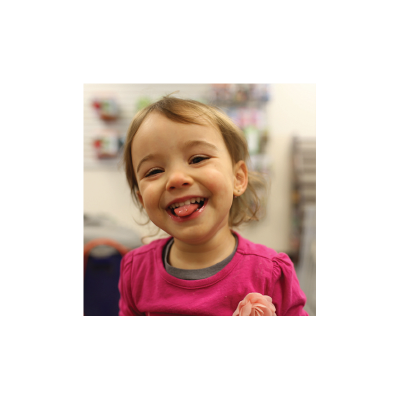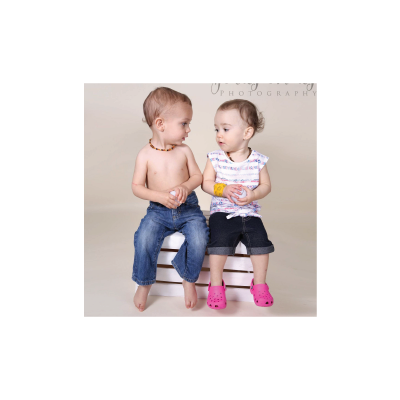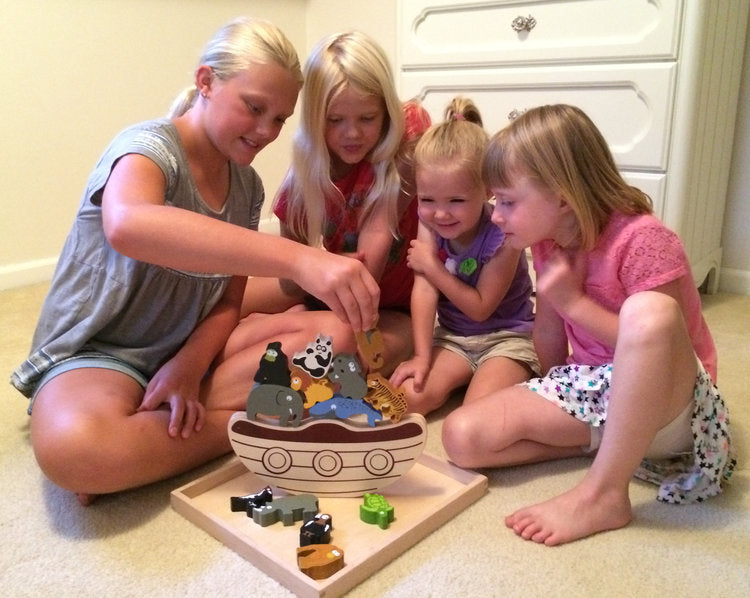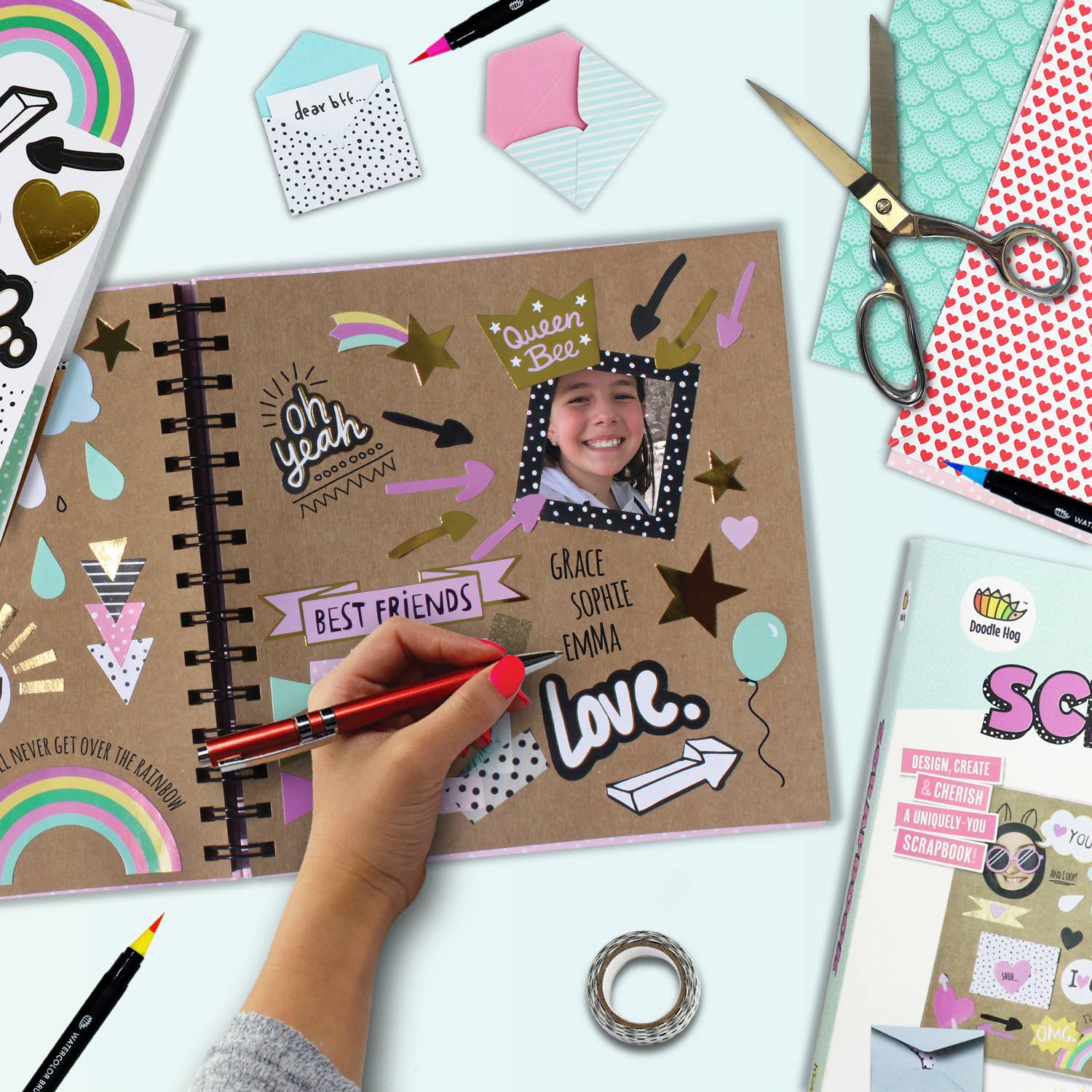Sort by:
2 products
2 products
Want to breastfeed your baby but concerned you might not succeed?
Nearly 80% of new mothers begin breastfeeding. But this picture is still far from rosy. The sad truth is that despite knowing the importance of breastfeeding for their own and their baby’s health, most women today are not meeting their breastfeeding goals.
The problem can be found in what happens in the first 2 weeks. Three recent studies shed some light on the issues.
• One found that more than two thirds of women intending to breastfeed exclusively for 3 months didn’t get there.
• Another found that the three most common reasons women give up on breastfeeding are latching issues, worries about milk production and nipple pain.
• And the third found that during the first week of life, 92% of nursing mothers reported significant breastfeeding challenges and did not have professional, family or social support to address them
Sadly, most mothers who struggle with breastfeeding think the only solution is to try harder, but that’s frustrating and exhausting. Wouldn’t it be better instead to make breastfeeding easier? Rather than tackling every issue—latching struggles, milk supply, sore nipples—individually, why not use a single innovative approach that addresses many challenges at once?
This one simple breastfeeding technique can prevent pain, bump up your milk production, and ensure easier latching for you and your baby.
That’s what Natural Breastfeeding is all about. After completing the program, you will know:
» How to breastfeeding without pain
» How to maximize milk production using the 40 day blueprint and how you can meet your long term goals including returning to work
» How to relax while breastfeeding so you don’t have to choose between getting your rest and feeding your baby.
» How to prepare your home environment for safety and convenience. » When you need to get help and where to find it.
» The most common reasons breastfeeding derails.
What moms are saying…
"I was proud that I knew something that surprised and impressed the nurses and lactation consultants! It worked great for James and me!" ---Mary
Videos told me everything I need to know… Couldn’t stop watching them! -- Kathy
I was so glad I prepared. The program gave me a lot of confidence when I got completely overwhelmed. --Essie
What breastfeeding specialists are saying…
Donna Bruschi, IBCLC Author of Seven Essentials, Beginning Breastfeeding, and Breastfeeding Fail.
"When I learned how to breastfeed my first baby, it was believed that you had to teach a baby to breastfeed. Even though I had lots of help and support from my mom, LLL Leaders and lactation consultants, it wasn't until I locked my bedroom door and had a conversation with my 2 week old son, that things started improving. We learned to work together. He had very specific ideas about nursing (His innate reflexes!) and I learned to identify and use them to my advantage!
"This program brings together years of work in an easy to use and scientifically grounded approach. I now use this curriculum as an invaluable asset in my classes, and with clients."
Diane Wiessinger, MS, IBCLC
Co-Author of The Womanly Art of Breastfeeding
"Well finally! Lots and lots of online breastfeeding videos—real mothers, real babies, real breasts, real shapes and sizes—all in one place and wrapped in makes-sense text. Football holds, equipment, and rules? Nope. Those are sports terms, not breastfeeding essentials. Natural Breastfeeding is just what it says: a natural, commonsense, casual approach that mothers and babies have used for as long as there have been mothers and babies.
"The six modules lead you from myth-busting to mirror neurons to a bag of bird seed to what’s wrong with this picture? By the end you’ll understand how to adjust your body, adjust your baby, and adjust your breast in ways that work for you. And along the way you can watch other new mothers learning along with you.
"Spending time with happily nursing mothers will always be the best way to learn breastfeeding. Natural Breastfeeding helps you find those all-important resources and backs them up with the who, what, why, who, when, where, and how of starting your own breastfeeding relationship. It’s a breastfest in your pocket."
Lara Audelo, CLEC
, Author of The Virtual Breastfeeding Culture:
Seeking Mother to Mother Support in the Digital Age
"Today’s moms have a different approach to gathering health information and support by virtue of technology and instant access to unlimited resources online. The Natural Breastfeeding program is a perfect fit for these women because it uses simple, clear, concise videos and easy exercises to answer their questions, all without overburdening them in today’s hectic world.
"It’s interactive features, comfortable tone, attractive layout and spot-on breastfeeding information is sure to make it a favorite with busy modern moms. "
How Two Breastfeeding Experts—With A Little Help From their Friends And science—Found The Secrets To Making Breastfeeding Easier For Mothers And Babies
From Dr Theresa Nesbitt, OB/GYN, co-developer of Natural Breastfeeding, author, and most importantly, a mother.
"I can still remember how excited I felt when I was pregnant with my son Kiel. I was fresh out of college and working as a pediatric nurse while I prepared for medical school. As the eldest of 5 and a veteran babysitter, my fantasies of holding my very own baby in my arms were about to become a reality.
"None of my friends or relatives had breastfed their babies, but I knew it was something I wanted for myself and my baby. Although I had never actually seen a newborn baby nursing I had read a lot of books about it. I mean, how hard could it be?
I thought I was ready. But really, I wasn’t.
"When the big day finally arrived nothing turned out as I had expected. Complications began when I required an emergency C-Section with Kiel at 1AM. Fortunately the procedure went successfully, but when I was finally reunited with Kiel our attempts at breastfeeding took a turn for the worse. Every time he would latch on tears came to my eyes from the pain. He would flail his arms and seem to search frantically for a nipple that was right in front of him. He did manage to latch on at times but I just knew something wasn’t right. I just couldn’t deal with the fact that it was so painful. This was supposed to be a wonderful experience for me and my baby. Instead it was turning out to be exactly the opposite.
"Despite all my education and help from nurses, lactation consultants and friends, I allowd to struggle with breastfeeding for those first few days in the hospital. I had promised myself that I would breastfeed but my cracked nipples were making it too hard for me.
"Exhausted and discouraged I decided to try something different. I had a lot of experience hand rearing puppies and other mammals when I worked at the Philadelphia Zoo during high school. Most newborn mammals feed much better in the tummy-down position. I decided to try this out with my son. Right away Kiel was able to latch on comfortably and nurse vigorously. I couldn’t believe it! Although my nipples were still a little tender I had very little pain. In fact the process become so enjoyable. I could finally relax and Kiel was so happy.
"It took a few days for my nipples to heal after the initial trauma from breastfeeding incorrectly. The tummy-down position was all we needed. Then as time passed Kiel and I got stronger and we tried out a lot of new positions. We were just like new dance partners…once we mastered the basics we were ready for new variations!
"I found that breastfeeding my son was so enjoyable as long as I had him in the right position. Then when I returned to work as an Obstetrician I occasionally recommended this technique to new moms who were struggling with getting their newborns to latch or having incisional pain from a C-section.
"I was hesitant to openly recommend it because the nurses would often tell the moms it was “wrong”. But I knew that these moms were desperate and it seemed to work when nothing else would.
"Over the years I learned that my “trick” wasn’t magic, it has strong scientific roots. I had studied current neuroscience, brain research, evolutionary medicine and lactation in humans and other mammals. I thought that I had uncovered the answer but all I had was a large piece of the puzzle.
"It wasn’t until I met international breastfeeding expert and advocate Nancy Mohrbacher that I was able to see the entire picture. Together we developed a new approach to help overcome the common hurdles that mothers and babies face in the first few weeks after birth.
"We began calling it “Natural Breastfeeding” and started teaching it to our close friends and family. It worked wonderfully for them too! Because of this success we knew that we had to share this simple secret of Natural Breastfeeding with everyone. That’s when Nancy and I decided to put our resources together and create the Natural Breastfeeding Program…
From Nancy Mohrbacher, IBCLC, FILCA, author of 7 best-selling breastfeeding books for both parents and professionals, international keynote speaker, and most importantly, a mother.
"I fell in love with breastfeeding when I breastfed my 3 sons, Carl, Peter and Ben, who are now grown. I began helping breastfeeding families in 1982 as a volunteer breastfeeding counselor. I became board-certified as a lactation consultant in 1991 and since then it has been my mission and passion to help new mothers reach their breastfeeding goals.
"During the more than 30 years I’ve been helping breastfeeding families, it’s been thrilling to see the rise in breastfeeding rates. In the 1980s, only about 50% of American women breastfed even once.
"I was frustrated because I could fix problems when I saw mothers one-on-one. But inside I knew that these problems shouldn’t be happening…after all, shouldn’t breastfeeding problems be the exception rather than the rule? Otherwise, how would the human race have survived?
"During the past 10 years, the answer gradually became clear. The first clue was the breast crawl. Scientists discovered that newborn human babies could crawl to the breast and feed without help (just like all other mammal newborns).
"Later research discovered how the mother’s position helps or hinders baby’s inborn feeding behaviors during the early weeks. Finally, groundbreaking neurological research on how baby’s nervous system develops during the first few weeks provided more practical insights into how we can make early breastfeeding easier.
"I used these discoveries as I helped breastfeeding families, and the results have been amazing. You see, all mothers bring their own unique experiences and learning to the delivery room, but their newborns are all remarkably similar. For many years, I mistakenly believed that the responsibility for breastfeeding rested squarely on mothers’ shoulders.
"But I came to understand that nature gives baby a toolbox of essential skills and that even a newborn can be an active breastfeeding partner. I had found the last piece of the breastfeeding puzzle. All I had to do was turn it over and put it in its place.
That’s when I met Dr. Theresa. Although our journeys looked very different, we had covered the same ground. We knew what to do, and we now knew why it worked. When we put our heads together, we figured out the “where” and the “how.” And that’s when Natural Breastfeeding was born.
Now you can become an expert in
Natural Breastfeeding in less than a day!
This home study course is broken down into six modules of innovative insights, practical advice, and more than 60 short comprehensive videos showing actual mothers in real life situations. This course covers everything a new or expectant mother needs to get off to the best start possible so she can experience the warm and satisfying breastfeeding relationship she’s always dreamed of.
Get instant lifetime access to The Natural Breastfeeding Program for a low, one-time fee just for NBNP customers.
Breastfeeding your new baby is such a special experience. How wonderful it will be to feed your baby with ease and confidence. You’ll feel so innately feminine, so proud of what your body can accomplish…and it’s also going to feel so reassuring to know that you’re set up for success. Too often women plan to breastfeed but aren’t prepared. It’s overwhelming to try and learn something new and unfamiliar while coping with all the changes that accompany giving birth. Luckily YOU will be set up, ready to go, and primed to really enjoy these first few months after your baby’s birth.
For full details on the program, click the link below.
https://www.naturalbreastfeeding.com/expectant-mothers/
All of this relief, planning, and preparation is a one-time $87. investment.
As soon as you purchase it, you’ll get immediate access to every single video. Everything you need to know to breastfeed with confidence will be right at your fingertips.
And we’d like you to try it all out risk-free for 30 days. If Natural Breastfeeding is not what you expected, not helpful, or for whatever reason just not for you, then please let us know and we will refund your investment immediately with no questions asked.
Natural Breastfeeding Regular Price: $147
NBNP Price $87
As soon as you complete payment, you will receive an email containing:
1. Instructions for access to www.naturalbreastfeeding.com
2. The complete Natural Breastfeeding Home Study program, videos and downloads.
3. You will also receive personal support from Donna Bruschi, IBCLC for any questions you may have.
Breastfeeding is natural and intuitive. And, many parents make the mistake of thinking that because breastfeeding is natural, it must be easy.
Sometimes this is true!
But, this thinking is dangerous. Breastfeeding takes time to learn, and even longer to master. There is much to learn about breastfeeding, and much of that learning happens when you aren't feeling that great. Birth can take a lot out of you! Newborns are amazing and wonderful, and well, NEW! In addition to breastfeeding, you will have many things to figure out.
All this takes time and energy.
The last few weeks of pregnancy are the perfect time to plan for an enjoyable first few months of babymoon.
Moms and dads who prepare for breastfeeding before their baby arrives, understand more of what is normal, what is not, and when to get help. This knowledge and the time to pursue it makes breastfeeding a whole lot more enjoyable from the very first day.
Theee are seven essential steps you can take right now to increase your chances for a satisfying breastfeeding experience.
Seven Essentials Before Beginning Breastfeeding is a PDF download. You will receive an email with the link to view and download the booklet.
Shop the latest in natural, organic and eco-friendly clothing and gear for babies & those that love them.
We offer fast shipping and local pickup, so you can spend more time enjoying. Shop now and save the planet.
